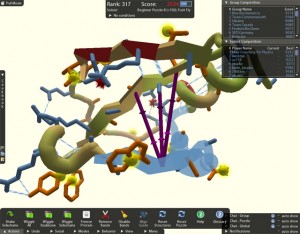U.S. Intelligence planned to destroy WikiLeaks
WikiLeaks release: March 15, 2010
Phi Beta Iota: Click on the title to read their description of the SECRET/NOFORN document entitled Wikileaks.org – An Online Reference to Foreign Intelligence Services, Insurgents, Or Terrorist Groups? dated 18 March 2008, evidently out of the U.S. Army. The document is no longer available at the stated link. Our esteemed colleague Steven Aftergood of the Federation of American Scientists (FAS) has been down on WikiLeaks for its irresponsibility, as found in this posting at Secrecy News, Wikileaks: Giving Leaks a Bad Name. What is clear from the description is that these folks have no clue how the US Intelligence Community actually works (or not). They seriously exaggerate and even misrepresent the document's thrust, and draw strategic action conclusions about “planned” action from minor-league tactical-technical level “exploratory” analysis. We continue to believe that whistle-blowing is good for society, but we also meet FAS half-way in observing that WikiLeaks is half-baked. Public intelligence in the public interest is NOT about violating secrecy oaths, exposing secrets, or in any way breaking the law–instead, public intelligence is about driving holistic analytics using open sources and methods so as to produce decision-support that can be shared, and in being shared, can help harmonize spending and behavior by multiple multinational stake-holders. WikiLeaks is the opposite of Phi Beta Iota.




